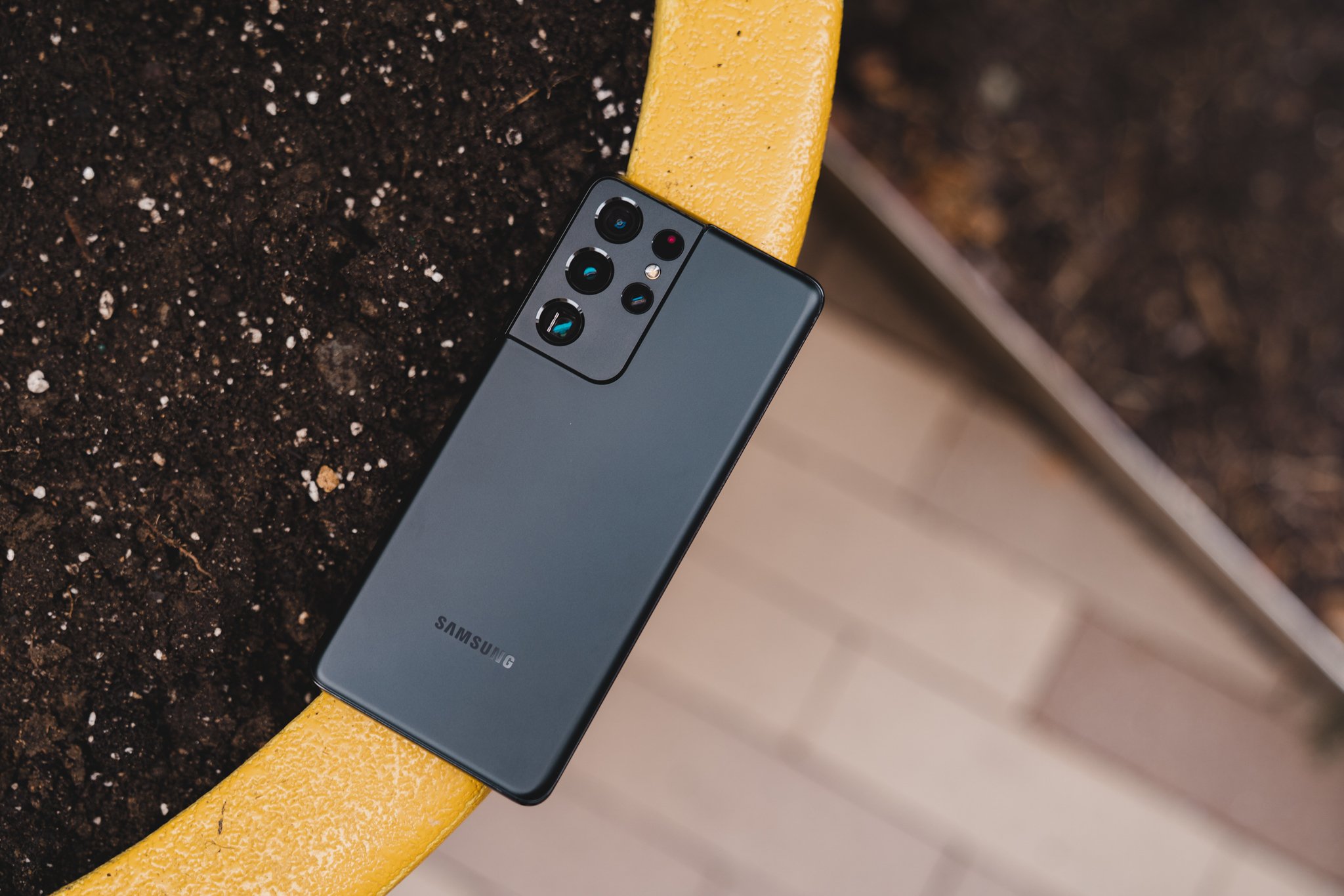New report on smartphone battery market shows one big change
The share of phones with "big" batteries is growing faster than ever.
What you need to know- Counterpoint Research will host speakers from Xiaomi, Qualcomm, and DXOMARK at its Innovation Talk: Powering Up Smartphone Batteries With Features and Material Innovation webinar on February 18.
- The panel will talk about how smartphone makers are optimizing their devices for longer battery life and faster charging.
- As per Counterpoint Research's latest smartphone sales tracker, the share of phones with 4,000mAh and larger batteries is growing rapidly.
Market research firm Counterpoint Research and executives from several industry leaders will discuss important smartphone battery trends at the "Innovation Talk: Powering Up Smartphone Batteries With Features and Material Innovation" webinar on February 24 at 12 p.m. ET.
According to the latest monthly smartphone sales tracker from Counterpoint Research, the vast majority of Android phones sold worldwide in December 2021 had 5,000mAh or larger batteries. As you can see in the graph below, the share of phones with 5,000mAh or larger batteries was significantly lower in the first half of 2020. The market research firm expects the share of 4,000mAh and above batteries to rise above 80% in the first half of 2022.
Even though the overall Android market seems to be moving towards larger batteries, not every OEM is following the same trend. For instance, Samsung's new Galaxy S22 comes with a 3,700mAh battery - 300mAh smaller than the one inside last year's Galaxy S21.
Samsung also still trails most of its rivals when it comes to charging speeds. While its best Android phones of 2022 only support 45W wired charging, Xiaomi has quite a few phones in its portfolio that feature 120W charging. OnePlus, which is among the most popular Android OEMs, is also increasing the charging speeds on its 2022 flagships to 80W.
Qualcomm is working with OEMs such as Xiaomi and OnePlus to enable these impressive fast charging capabilities. However, there are also a few other elements that are equally important. Josh Warner, director of product management for Qualcomm, said in a statement:
Delivering fast charging capabilities is a priority, but there are also other elements. Keeping temperatures down, improving overall efficiency, packing more power into the battery, and wireless charging - these are the things our customers need when it comes to their devices' battery experience.
Smartphones may also soon benefit from Sila's next-gen silicone anode battery technology, which claims to enable higher energy density.

